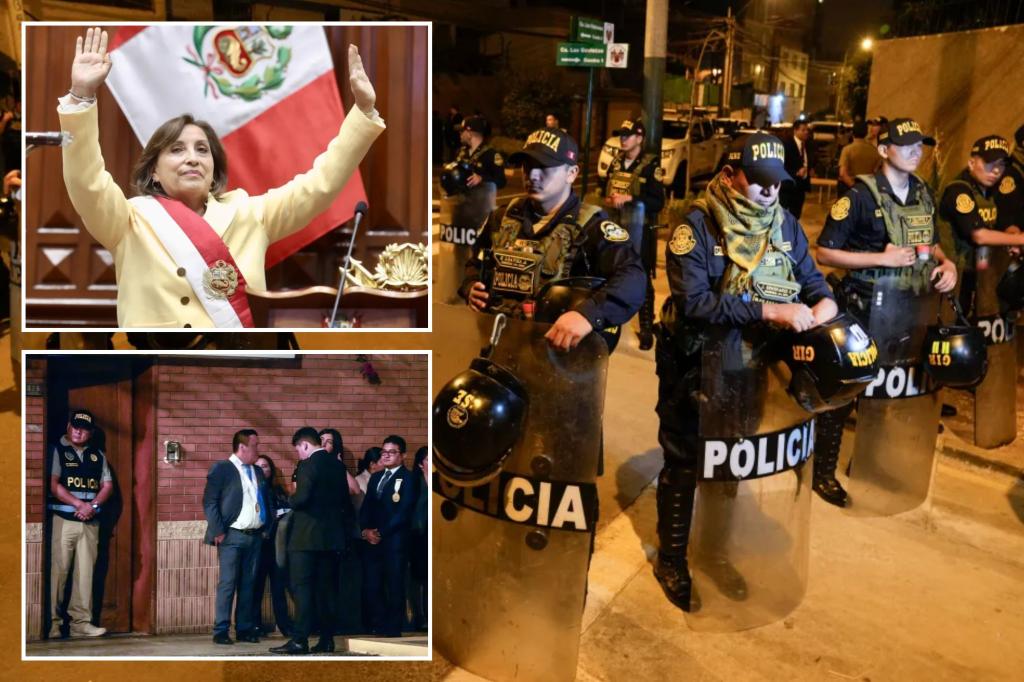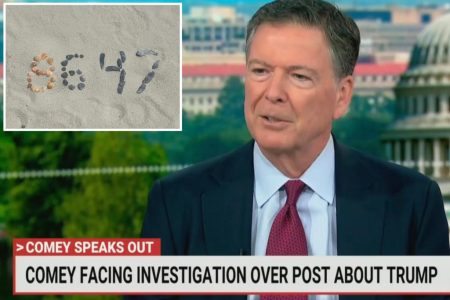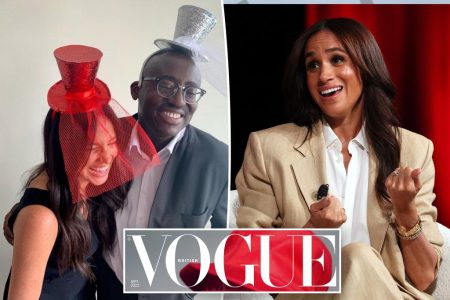The president of Peru, Dina Boluarte, is being investigated for possessing a collection of luxury watches that were not disclosed since she came to power in July 2021. Government agents were seen breaking into her residence with a sledgehammer in a raid authorized by the judiciary at the request of the attorney general’s office. Boluarte initially claimed ownership of at least one Rolex watch, stating it was acquired through personal gains since she was 18, but she requested a delay in her appearance before the court, which led to criticism from the Attorney General.
Peru has a history of political turmoil, with six presidents in the last five years. Boluarte’s recent statements were viewed as contradicting her earlier pledge to cooperate with prosecutors, adding to the political crisis surrounding her ownership of Rolex watches. The Attorney General stressed the importance of promptly producing the watches for investigation to prevent any disposal or destruction. Boluarte, a 61-year-old lawyer, rose from a modest district official to vice president and assumed the presidency after President Pedro Castillo’s impeachment following protests in which 49 people were killed.
Critics of Boluarte’s government accuse it of becoming increasingly authoritarian as it resists calls for early elections and collaborates with congress members on laws that could undermine the independence of Peru’s judicial system. The investigation into Boluarte’s possession of luxury watches has raised concerns over potential corruption and lack of transparency within the government. The ongoing political crisis is further fueled by the country’s history of instability and changes in leadership, with Boluarte’s actions contributing to a sense of uncertainty among the Peruvian population.
The situation in Peru highlights the challenges of maintaining political stability and transparency in a country with a tumultuous history. Boluarte’s rise to power and subsequent investigation have exposed divisions within the government and society, with conflicting narratives emerging regarding her ownership of luxury items. The government’s response to the investigation, as well as its handling of protests and calls for early elections, has drawn criticism both domestically and internationally, further complicating the situation.
As the investigation into Boluarte’s luxury watches continues, the political crisis in Peru shows no sign of abating. The country’s judiciary, law enforcement, and political institutions are under scrutiny, with questions being raised about accountability, integrity, and the rule of law. The outcome of the investigation and the government’s response to the crisis will likely have far-reaching implications for Peru’s future stability and governance. Addressing the root causes of political turmoil, corruption, and lack of transparency will be crucial in rebuilding trust and credibility in Peru’s leadership and institutions.















